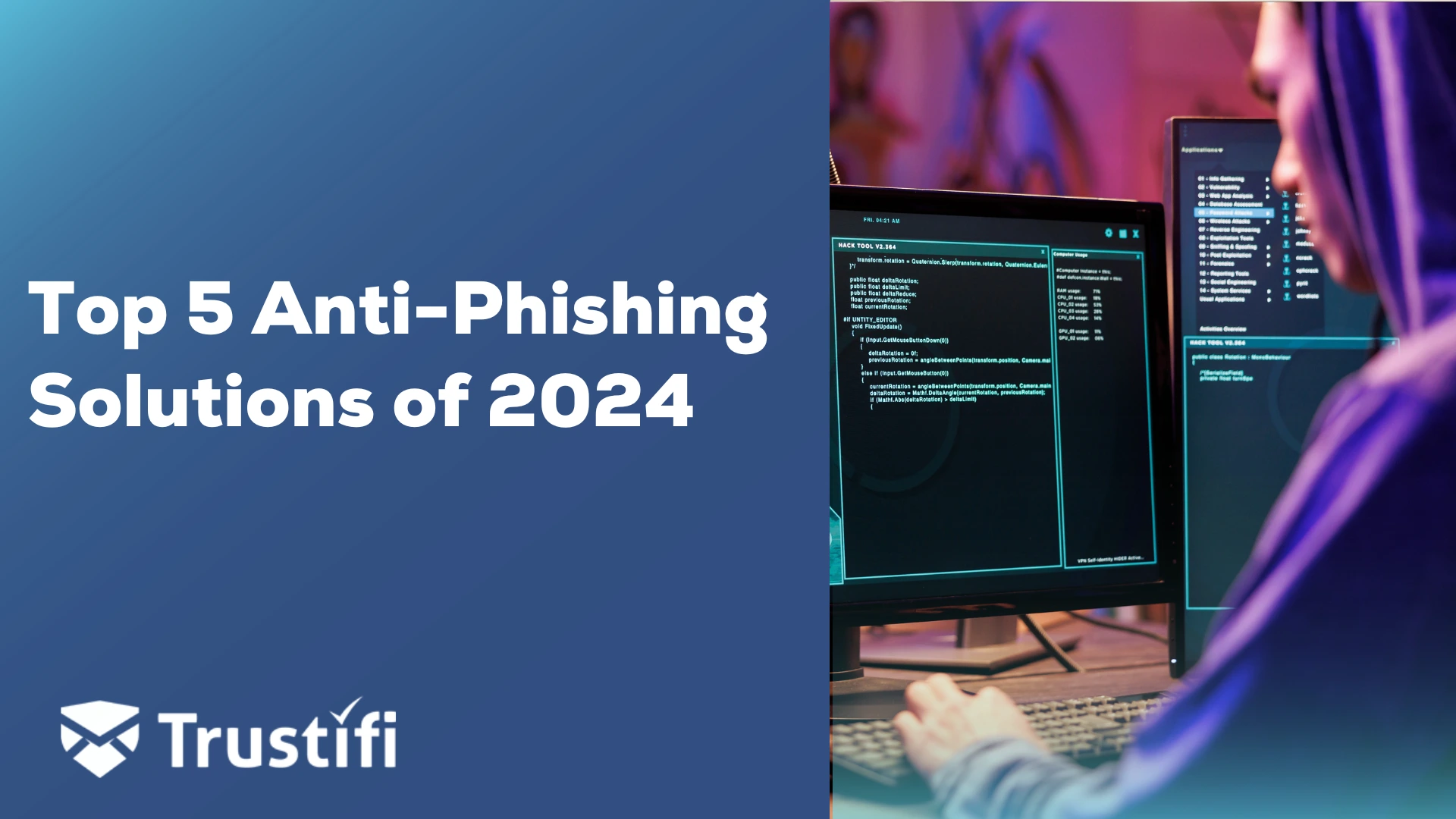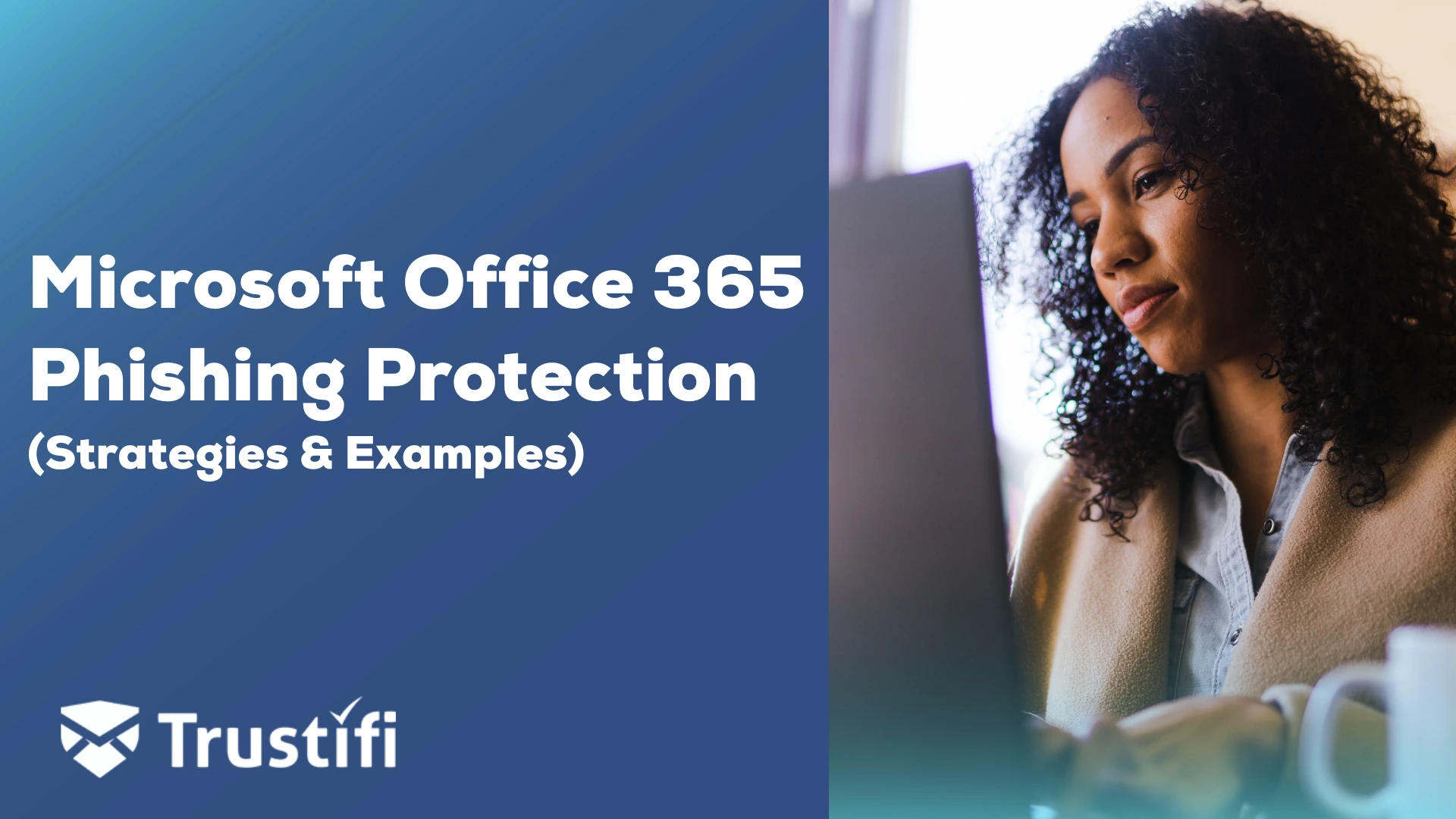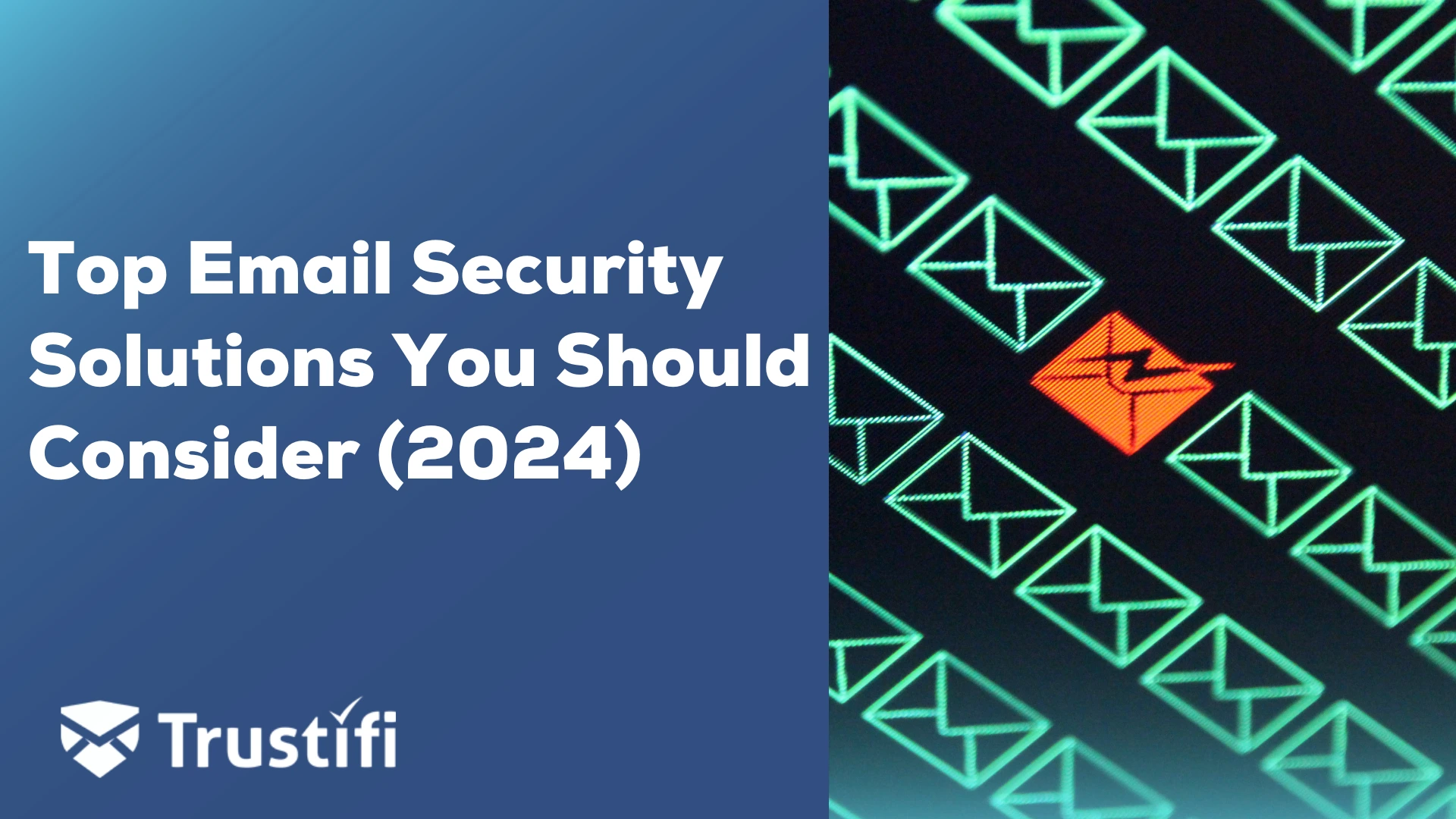Authorities report over
160,000 data-breach notifications have been filed since the European Union enacted the General Data Protection Regulation (GDPR) that started 25 May 2018. That averages out to 278 breach notifications a day.
U.S. companies are directly impacted by this regulation if their websites are accessible and targeted to EU visitors, meaning;there are options to change languages to a European language or you can adjust denomination to a European denomination. The lawallows for no exceptions; not for size of firm, type of data collected, or scope of activities. If your firm is found to be in violation of the law—even if you are just selling hand-knitted mittens or offering a free download of a white paper—EU authorities can fine you up to four percent of your global revenue. They may not be able to easily collect from small U.S. businesses, but enforcement will certainly cause headaches for any business operating internationally.
What Personal Data Must be Protected
Personal identification data including name, phone, address, email, ID numbersPhotographsSocial media postsRacial, cultural, sexual, or ethnic dataBank and other financial detailsMedical, biometric and genetic dataWebsite data: location, IP address, cookie histories and RFID tags
Selected GDPR Requirements
We advise you to review the
specifics of the GDPR with an attorney and your IT leaders. Some of the key requirements include:
Asking visitor for their consent to collect dataGetting explicit opt-in to data use in profiling, advertising, etc.Providing an opt-out of future emails optionOffering a privacy notice about data collection, use, and protectionMandatory reporting of breaches
Why It Matters to US Companies
U.S. companies need to comply with the GDPR, but that is not the only reason to focus on privacy protection issues now. Various states have begun enacting a patchwork of regulations that affect their residents, impacting any company that hiring or doing business in those states. Notable recent regulations include
New York’s SHIELD Act for protecting employee information,
California’s Consumer Privacy Act, and 201 CMR 17.00 Standards for the Protection of Personal Information in Massachusetts.
Cyber-security is costly to your reputation and your business. With increased regulation, you face more than the cost of the crime, but also the costs of litigation and fines. If you haven’t done a
complete compliance audit yet, now is the time to get started.
Email encryption xxxxxxx
Heading 1
Email encryption has become a pivotal tool for businesses and average citizens around the world, due to the simplicity and ease that emails can be hacked. Encrypted email providers are constantly developing new ways to better protect your information and keep you and your business safe. Now that there are solutions which protect organizations from hacked emails and information, it is even more important to ensure said solutions function correctly.
Recently, an end-to-end encryption protocol, S/MIME (Secure/Multipurpose Internet Mail Extensions) has fallen under fire for its failure in keeping the emails of its Microsoft Outlook users encrypted. Companies using this protocol in Outlook need to beware. For the past six months, emails thought to be encrypted, were actually not.
Heading 1
Email encryption has become a pivotal tool for businesses and average citizens around the world, due to the simplicity and ease that emails can be hacked. Encrypted email providers are constantly developing new ways to better protect your information and keep you and your business safe. Now that there are solutions which protect organizations from hacked emails and information, it is even more important to ensure said solutions function correctly.
Recently, an end-to-end encryption protocol, S/MIME (Secure/Multipurpose Internet Mail Extensions) has fallen under fire for its failure in keeping the emails of its Microsoft Outlook users encrypted. Companies using this protocol in Outlook need to beware. For the past six months, emails thought to be encrypted, were actually not.


